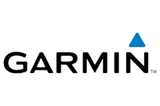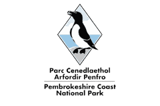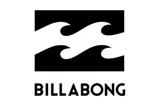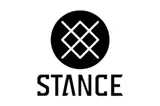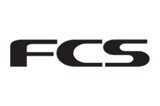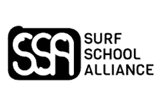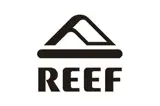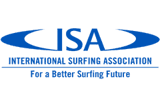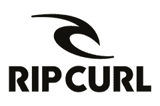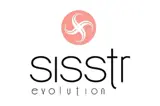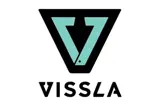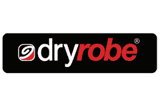The RYA VHF Handbook will be sent to you so that you can complete 3 hours of self-study.
RYA VHF
Who would raise the alarm in a distress situation onboard your boat? What if the skipper was unable to? The Short Range Certificate (SRC) is a minimum legal requirement for every British flagged vessel voluntarily fitted with a radio. It’s also essential and informative for anyone who enjoys boating so that they can use a marine radio fitted with Digital Selective Calling (DSC) functionality.
WHAT'S INCLUDED
Personal access to the RYA Interactive SRC/VHF Course
RYA VHF Handbook (Paperback Book or eBook)
Unlimited email and telephone support from our experienced RYA instructors
10% Discount off future RYA practical training courses
KEY LEARNING POINTS
Launching and recovery, boat handling, securing to a buoy, anchoring, leaving and coming alongside, man overboard
BOOK WITH OUTER REEF CENTRE OF EXCELLENCE
COURSE SYLLABUS
The Short Range Certificate (SRC) is the minimum qualification required by law to control the operation of VHF and VHF Digital Selective Calling (DSC) equipment on any British flagged vessel voluntarily fitted with a radio. This includes both fixed and hand held equipment using International channels. The RYA Online SRC/VHF Radio Course uses straight-forward language and descriptions, helping you to understand important legal concepts and maritime SRC/VHF regulations and how they affect you whilst out on the water.
A radio is a key piece of safety equipment on board and it is vital to understand the correct procedures. Unnecessary transmissions could block out a Mayday distress call. The RYA Online SRC/VHF Radio Course includes a wide variety of real-life situations - both routine and distress. The new and innovative radio simulator helps you feel comfortable with handling a radio in a real-life situation.
When you have completed your online course you eligible to attend SRC/VHF exam. Prior to siting your exam you will have the opportunity to practice with the radio equipment before commencing your exam.
The practical session and exam is held at any RYA training centre that offer this service. Urban Truant’s training centre is based in Swanwick Marina and sessions are held regularly.
As described above, the course is split into two distinctive separate sections:
Part 1 Complete the RYA SRC/VHF Radio operator course online - 6-8 hours.
Part 2 Complete practical radio operation and exam. This 1 hour session needs to legally take place at an RYA Recognised Training School and prepares you to take a short written SRC/VHF Exam. You can sit this exam at our training facility based in Swanwick Marina on the river Hamble, or at any other Registered RYA Centre that may be closer to you. Exams can be arranged at a time to suit your diary at our training center in Swanwick, Southampton. There is an exam fee of £60 which is paid directly to the RYA.
During this time, we have had to adapt areas of our service to ensure staff and customers are kept safe. Find out how we are reopening
THE NEXT STEPS
If you are keen to develop your powerboat driving skills further, the follow on course is RYA Intermediate Powerboat. It is recommended that you have theoretical knowledge up to the Day Skipper level prior to undertaking the Intermediate course.
PB2+ This is not a certificated course; we have put this course together to bridge the gap between the PB2 and Intermediate Powerboat, it is a day of powerboating to provide you with further tidal knowledge and working practice, weather, and more driving skills by practicing maneuvers in our range of boats.
If you are wanting to assist as safety or rescue cover in a racing or training environment, then you will need our RYA Safety Boat 2 day course, covering recovery techniques for various craft and fleet management.
THE VHF/SRC COURSE
None
You will be assigned a dedicated RYA Yachtmaster Instructor to answer your questions.
6-8 hrs online study. 1 hour practical assessment once online course has been completed.
- Background information on the GMDSS system and its equipment and licensing requirements
- Radio rules and regulations
- Operation of marine VHF equipment including DSC functions
- The phonetic alphabet
- Basic radio language and protocols including pro words such as over, say again, out etc.
- Correct use of the various channels
- How to make calls to other stations
- How to send a Distress Alert and Distress Message (Mayday)
- How to send an urgency alert and a safety call
To have the confidence and qualifications needed to use a marine radio, both in routine and emergency situations.




